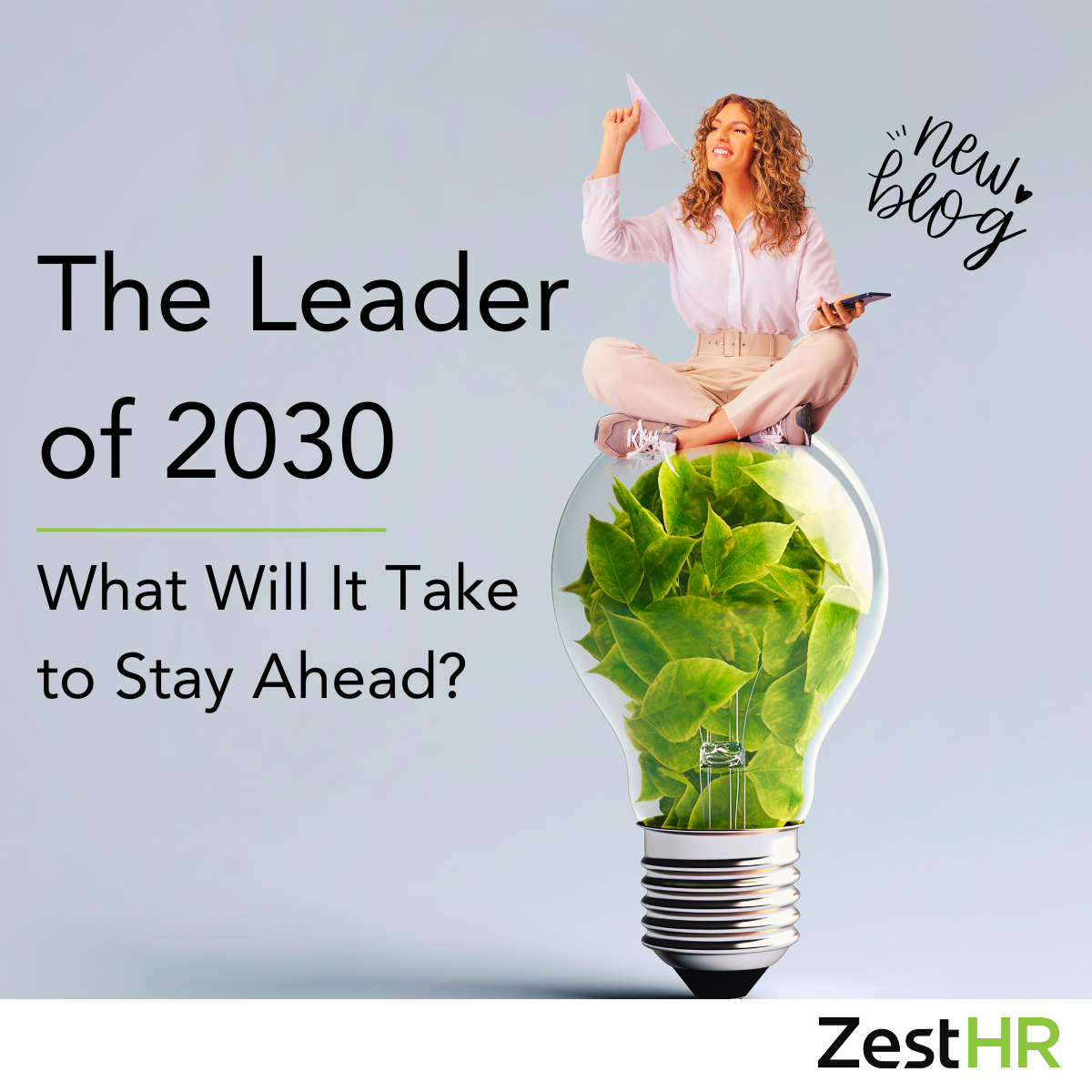
Business leaders today are navigating a world that is faster, more interconnected, and more unpredictable than ever before. Leadership styles have evolved significantly over the past decade, with a strong emphasis on:
- Hierarchical Decision-Making: Many organisations still rely on top-down leadership structures, where senior executives set the vision and direction.
- Task-Oriented Leadership: Leaders focus on deliverables, performance metrics, and achieving short-term goals.
- Specialised Expertise: Industry leaders are often specialists in their fields, with deep knowledge in a particular area.
- Crisis Response Over Proactive Innovation: Businesses have been operating in survival mode due to global disruptions, economic shifts, and rapid digitalisation.
While these leadership approaches have worked to some extent, cracks are forming. Employee engagement is declining, digital transformation is outpacing leadership adaptability, and purpose-driven work is becoming more critical than ever.
Why Leadership Must Evolve
The world of work in 2030 will be vastly different from today. Here’s what’s driving the change:
- AI & Automation Will Redefine Roles: The Australian Computer Society predicts that AI and automation will replace 25% of current tasks in the workforce by 2030. Leaders must rethink how they structure work and develop talent.
- A Purpose-Driven Workforce: Employees increasingly seek work that aligns with their values. According to PwC Australia, 73% of workers say a company’s purpose influences their decision to stay. Leaders who fail to embed purpose into their business strategy risk losing top talent.
- Faster Decision-Making Is Essential: The days of lengthy decision-making cycles are numbered. Agile businesses are overtaking those that rely on bureaucratic processes. Leaders must be comfortable making data-driven decisions quickly.
- Hybrid and Remote Work Are Here to Stay: The pandemic accelerated flexible work arrangements, and they aren’t going anywhere. Leaders need to build digital-first cultures and lead teams without physical presence.
What Leaders Must Do to Stay Ahead for 2030 and Beyond
So, how can leaders ensure they’re ready for the future? Here’s what will set successful leaders apart:
Lead with Vision and Agility
Tomorrow’s leaders must be futurists. Rather than reacting to change, leaders must anticipate and shape the future of their industries. Agility will be key—leaders should be prepared to pivot strategies quickly while keeping a long-term vision in focus.
Actionable Tip: Regularly scan global and industry trends, participate in scenario planning, and empower teams to test new approaches.
Build High-Trust, High-Performance Cultures
Trust will be the new currency of leadership. Research by Deloitte Australia shows that high-trust organisations outperform low-trust ones by 286% in total return to shareholders. Leaders must shift from command-and-control to empowerment, fostering cultures of psychological safety and collaborative decision-making.
Actionable Tip: Invest in employee experience, provide autonomy, and focus on coaching rather than directing.
Become Masters of AI and Data-Driven Decision-Making
Leaders don’t need to be data scientists, but they must be data-literate. A McKinsey report shows that companies using AI for decision-making see a 20–30% increase in efficiency and profitability. Future leaders must learn how to leverage data, automation, and AI to drive smarter, faster decisions.
Actionable Tip: Upskill in AI-powered decision-making tools and encourage data literacy across leadership teams.
Focus on Human Skills and Emotional Intelligence
With automation taking over repetitive tasks, leaders must excel in uniquely human skills—empathy, storytelling, influence, and coaching. Soft skills will be 2.5x more important in the workplace by 2030 (Deloitte).
Actionable Tip: Invest in leadership development that enhances emotional intelligence, adaptability, and relationship-building.
Champion Sustainability and Ethical Leadership
Sustainability is no longer a nice-to-have; it’s a business imperative. Australian businesses are under pressure to meet net-zero targets and operate responsibly. Leaders must drive ESG (Environmental, Social, and Governance) initiatives from the top down.
Actionable Tip: Set clear sustainability goals, integrate them into business strategy, and hold leadership accountable for ethical decision-making.
The Leadership Evolution Has Begun
The leaders of 2030 won’t just manage businesses—they’ll shape industries, cultures, and the future of work. By embracing technology, trust, agility, and purpose-driven leadership, today’s executives can future-proof themselves and their organisations.
The question isn’t whether leadership is changing—it’s whether leaders are ready for the change.